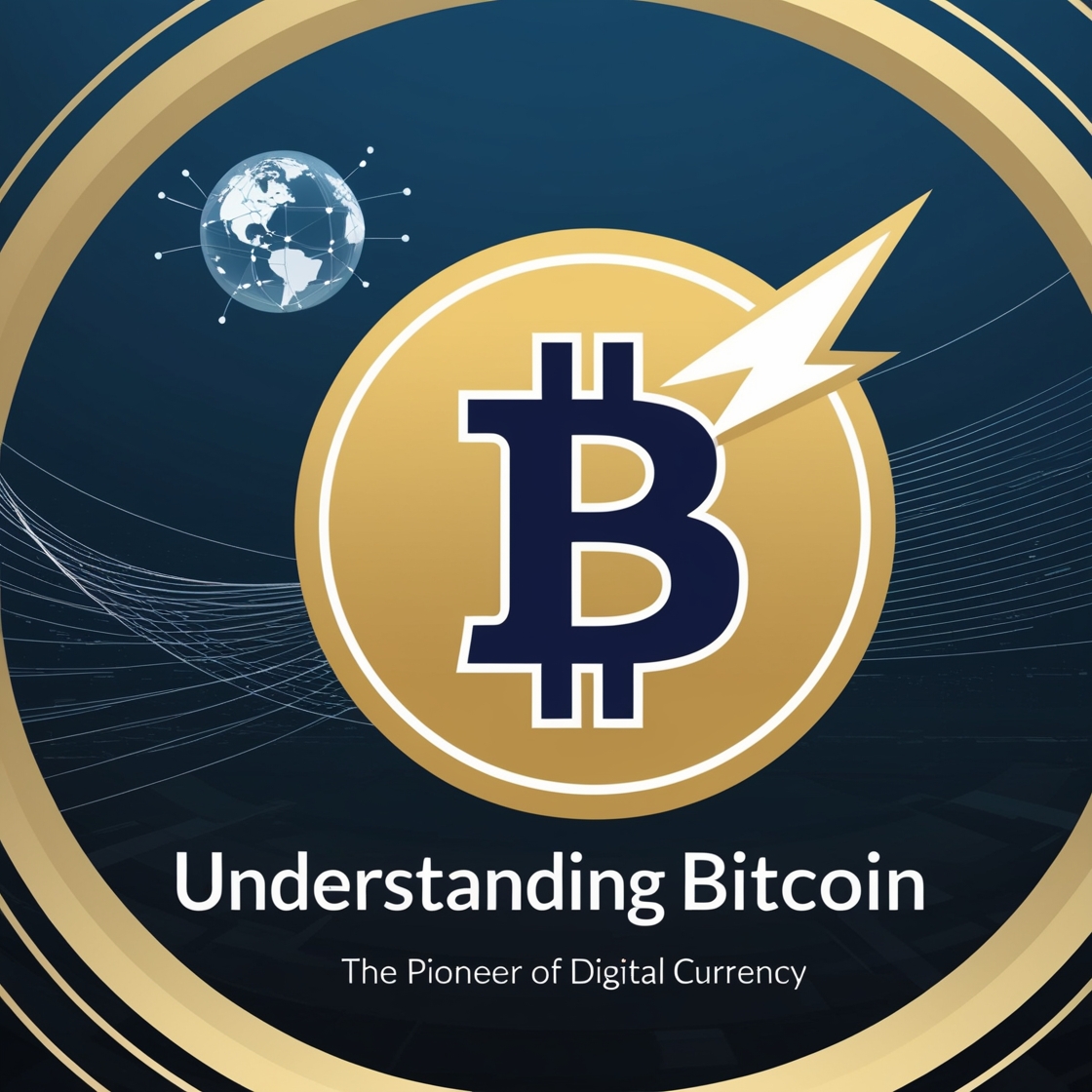Introduction
Bitcoin has become a buzzword in financial and technological circles. But what exactly is it, and why is it so revolutionary? Bitcoin is the first decentralized digital currency, introduced to challenge traditional financial systems and offer a new way to think about money.
The journey of Bitcoin starts with understanding the evolution of money. From bartering to coins, then paper money, and now digital currencies, money has continuously evolved to meet the needs of society. Bitcoin is the latest leap in this evolution.
The Origins of Bitcoin
Who Created Bitcoin?
Bitcoin was created in 2009 by an anonymous person or group of people using the pseudonym Satoshi Nakamoto. Despite numerous theories, Nakamoto’s true identity remains one of Bitcoin’s greatest mysteries.
The Bitcoin Whitepaper
Satoshi introduced Bitcoin to the world through a groundbreaking whitepaper titled “Bitcoin: A Peer-to-Peer Electronic Cash System.” This document laid out the foundation for a decentralized currency, explaining how Bitcoin would operate without the need for banks or governments.
How Bitcoin Works
Blockchain Technology
At the heart of Bitcoin is blockchain technology—a digital ledger that records all transactions in a transparent and tamper-proof manner. Think of it as a digital chain of blocks, where each block contains a batch of transactions.
Mining: The Backbone of Bitcoin
Bitcoin mining involves solving complex mathematical puzzles to validate transactions and add them to the blockchain. Miners are rewarded with newly created bitcoins, making it an essential part of the system.
Bitcoin Transactions
When you send Bitcoin, the transaction is broadcast to a network of nodes (computers). Once verified, it’s added to a block, ensuring transparency and security.
Key Features of Bitcoin
Decentralization
Unlike traditional currencies controlled by central banks, Bitcoin operates on a decentralized network. This means no single entity has control over it.
Limited Supply
Bitcoin’s supply is capped at 21 million coins, making it a deflationary asset. This scarcity often leads to comparisons with gold.
Transparency and Security
All Bitcoin transactions are recorded on a public ledger, ensuring transparency. Additionally, Bitcoin uses advanced cryptography to secure its network.
Benefits of Bitcoin
Peer-to-Peer Transactions
Bitcoin enables direct transactions between users without intermediaries like banks. This simplifies payments and increases efficiency.
Financial Inclusion
Bitcoin provides access to financial services for the unbanked and underbanked populations worldwide, breaking down barriers.
Reduced Transaction Costs
By eliminating intermediaries, Bitcoin significantly reduces transaction fees, especially for cross-border payments.
Challenges of Bitcoin
Volatility
Bitcoin’s value is highly volatile, making it unpredictable and risky for investors and users alike.
Regulatory Concerns
Governments worldwide are grappling with how to regulate Bitcoin, leading to uncertainty in its legal status.
Environmental Impact
Bitcoin mining consumes significant energy, raising concerns about its environmental footprint.
Bitcoin vs. Traditional Currency
Differences in Functionality
Traditional currencies are tangible and regulated by central banks, while Bitcoin is digital and decentralized.
Advantages and Disadvantages
Bitcoin offers speed and transparency but lacks the stability and wide acceptance of traditional currencies.
Investing in Bitcoin
Why People Invest in Bitcoin
Bitcoin is seen as a hedge against inflation and a tool for financial diversification. Its limited supply also makes it appealing.
Risks and Rewards
While Bitcoin offers high potential returns, it’s also a risky investment due to its volatility and regulatory uncertainties.
The Future of Bitcoin
Adoption Trends
More businesses and individuals are adopting Bitcoin, signaling growing trust in digital currencies.
Challenges Ahead
Bitcoin must overcome issues like scalability, energy consumption, and regulatory challenges to solidify its role in the global economy.
Conclusion
Bitcoin is more than just a digital currency; it’s a revolution in how we think about and use money. While challenges remain, its potential to transform financial systems is undeniable.
FAQs
- What makes Bitcoin unique?
Bitcoin’s decentralization, limited supply, and use of blockchain technology make it stand out. - How do I buy Bitcoin?
You can purchase Bitcoin on cryptocurrency exchanges, through peer-to-peer platforms, or Bitcoin ATMs. - Is Bitcoin secure?
Bitcoin is highly secure due to its cryptographic protocols and decentralized nature, though users must guard against phishing and scams. - Can Bitcoin replace traditional currency?
While Bitcoin has potential, it faces challenges like volatility and limited acceptance, making it unlikely to replace traditional currencies soon. - What is the future of Bitcoin?
The future of Bitcoin depends on adoption, regulation, and technological advancements, but it remains a pivotal force in digital finance.
